2018-12-12

- By ChinaWiki.net
- Chinese Edition
- 2020-12-14
Education in Luzhou
overview
In 2017, the construction area of the completed school buildings in Luzhou city was 842500 square meters; 670 million yuan of tuition free, financial aid, and nutrition lunch program was arranged to subsidize students with financial difficulties from families, and 79747 students with financial difficulties from filing and card filing families were subsidized. The treatment of teachers was fully implemented, with emphasis on villages, teaching sites and areas with difficult conditions, and 94.7027 million rural teachers' living subsidies were implemented There are 22893 teachers who enjoy the subsidy and 1110 teachers' turnover dormitories.
By the end of 2017, there were 727 kindergartens in Luzhou, with 146100 children and 5415 full-time teachers. Among them, there are 253 kindergartens, 45208 children and 2322 full-time teachers. There are 140 public kindergartens in the city, with 69300 children and 1476 full-time teachers. Among them, there are 32 public kindergartens with 15020 children and 382 full-time teachers. 47300 kindergarten children's care and education fees in ethnic treatment counties were reduced, and 13000 poor families in non-ethnic areas were exempted.
As of the end of 2017, there were 223 primary schools in Luzhou, 697 primary schools, 19200 full-time teachers, 50500 students, 380800 primary school students and 75100 graduates. There are 190 junior middle schools with 12000 full-time teachers, 76300 students, 201200 students and 57900 graduates. There are 7 special education schools (schools for the blind, deaf and dumb), with 158 full-time teachers, 173 students, 980 students and 156 graduates. There are 3823 special education students in the city, including special education students in regular classes. At the stage of compulsory education, 582100 students were all exempted from tuition and miscellaneous expenses, textbook fees and homework expenses, and the living expenses of 62000 boarding students with financial difficulties were subsidized, and the subsidy amount was 47.37 million yuan. The consolidation rate of compulsory education was 92.77%, and the enrollment rate of junior high school graduates was 92.52%.
By the end of 2017, there were 26 Luzhou senior high schools with 5910 full-time teachers, 28600 students, and 26200 graduates. There are 22 secondary vocational education schools, with 20700 students, 16400 graduates and 2311 full-time teachers. The tuition fee of full-time secondary vocational school students is 77.08 million yuan, and the living expenses of 156 thousand full-time secondary vocational school students are subsidized, and the subsidy amount is 29.27 million yuan. The tuition fee of 25200 students with financial difficulties in ordinary senior high schools was exempted, with an amount of 11.37 million yuan; the living expenses of 26500 ordinary high school students with financial difficulties were subsidized with a subsidy of 39.45 million yuan.
As of the end of 2017, there were 6 general colleges and universities in Luzhou (one newly established in 2018), with 2345 full-time teachers, 17807 students, 63823 students and 23535 graduates. Among them, there are 600 graduate students, 1694 students and 508 graduates; 13954 full-time ordinary undergraduate (College) students, 47325 students and 13036 graduates; 3253 part-time undergraduate (College) students and 14804 students are enrolled in part-time undergraduate (Professional) education. There is one adult college (teaching point) in the city, with 50 full-time teachers, 1164 students enrolled, 1147 graduates and 4987 students in the college.
In 2017, 26500 people in Luzhou city participated in the general college entrance examination, 13038 undergraduate students were online, with an online rate of 49.2%; 4984 students were online for key undergraduate courses, with an online rate of 19.0%; 14100 people in Luzhou city participated in the adult college entrance examination, with 12000 students enrolled. In 2017, 12812 people signed up for the self-study examination. Among them, there were 1824 registered students and 26 graduated students for the social self-study examination in 2017.
Ask a Question
Your email address will not be published.

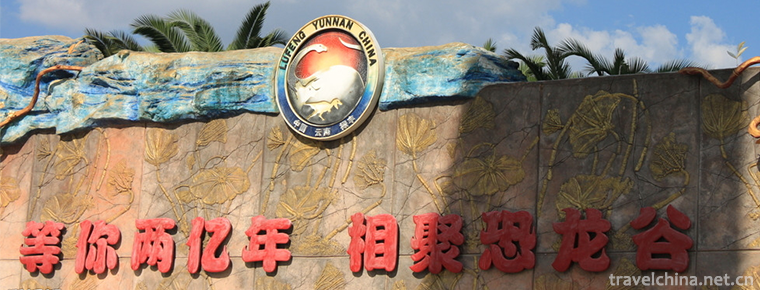
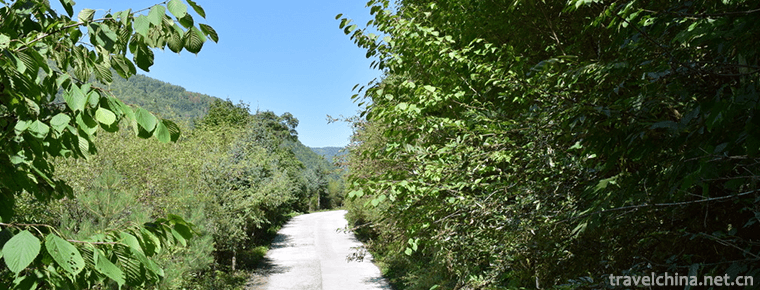
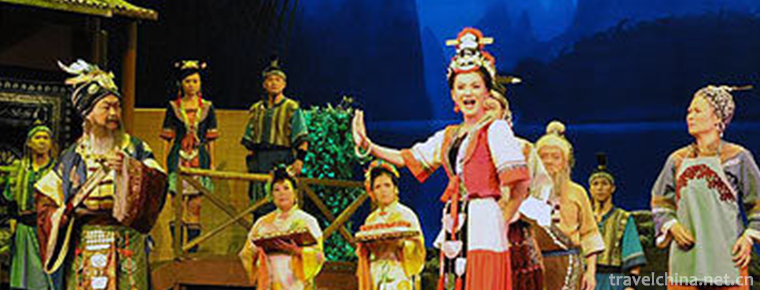
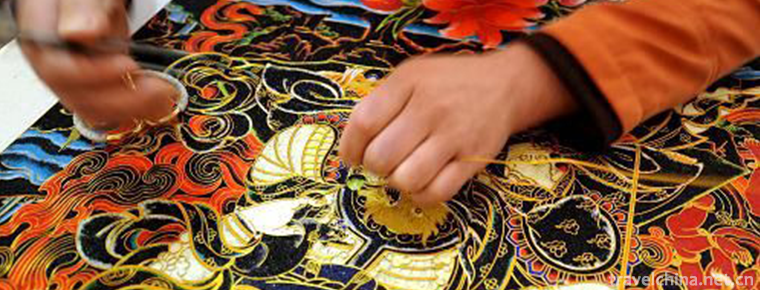
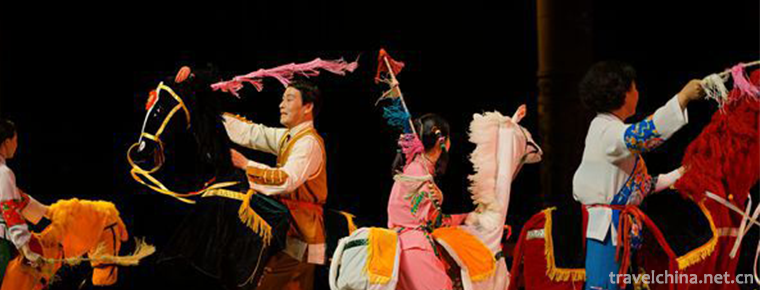
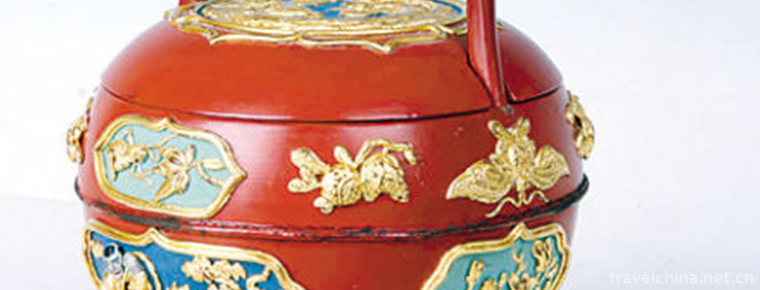
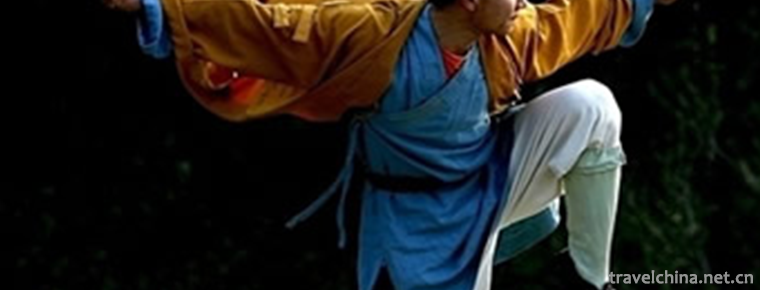
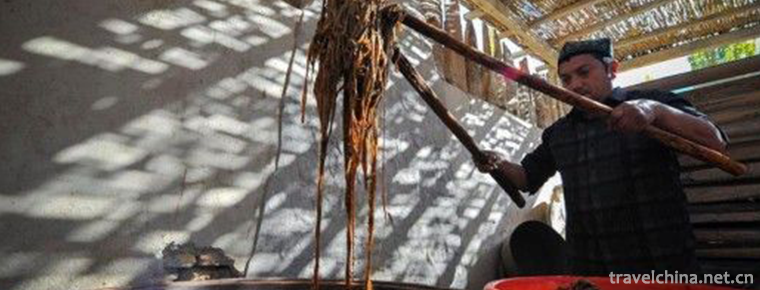


0 Questions